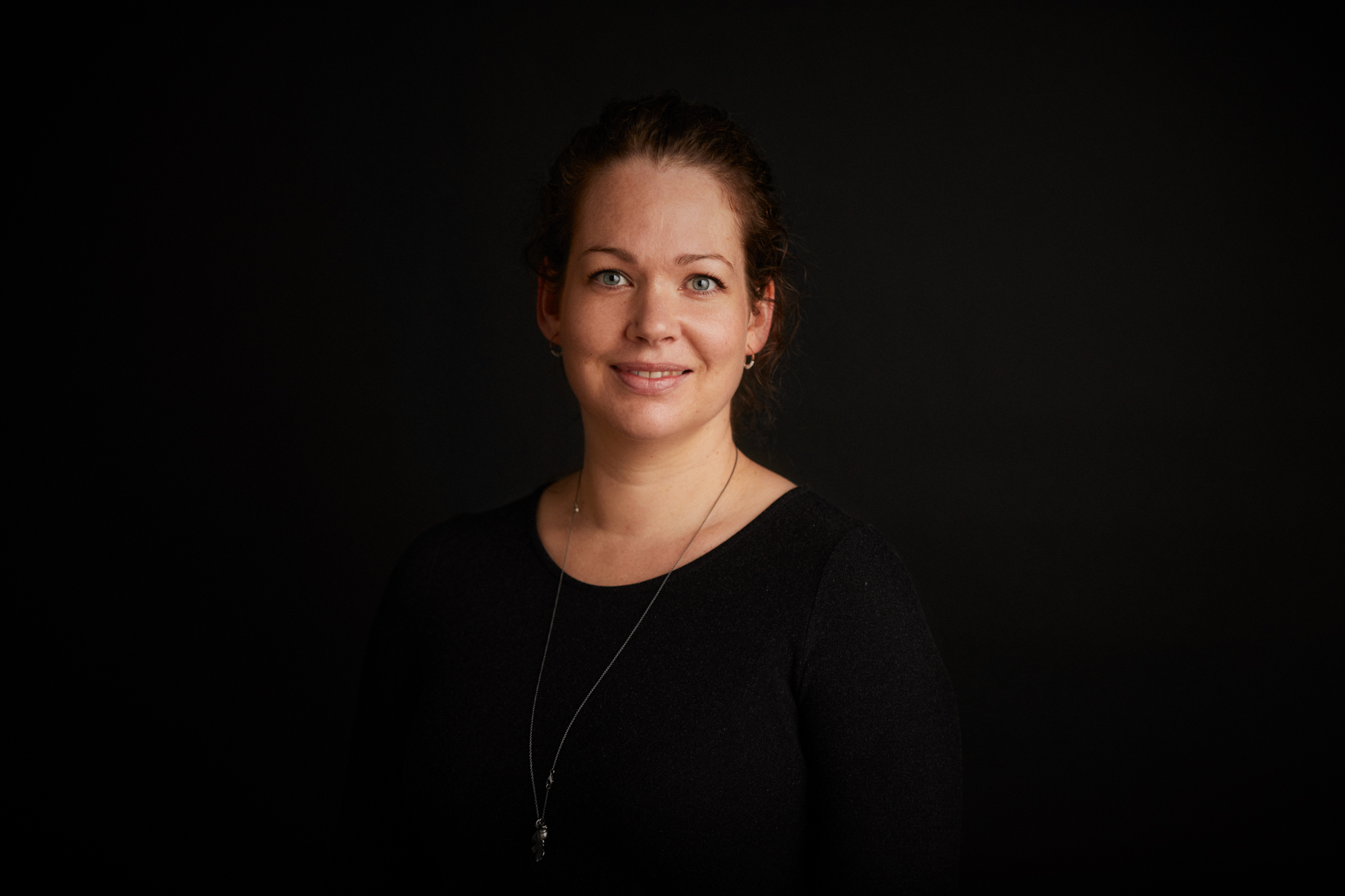Elizabeth Heather Jakobsen Neilson
Research leader

Project title
SuperYUCCA: YUCCA multifunctionality for improved crop resistance
What is your project about?
Unlike animals, plants are unable to move away when local environmental conditions take a turn for the worse. Instead, plants have many different systems in place to deal with environmental stress such as extreme temperatures, UV radiation and herbivore attack. My project will investigate an overlooked process of plant protection in the climate adaptable cereal crops, barley and sorghum. Specifically, I will target the critically important YUCCA gene family. YUCCAs are involved in hormone production enabling plants to grow, but also have an additional, virtually unexplored ability whereby YUCCAs can interact with other proteins in the cell, modulating the damage caused by environmental stress. Exploiting this additional “super power” could provide a new breeding targets to improve crop resistance against the effects of climate change.
How did you become interested in your particular field of research?
I am innately curious by the dynamic processes of nature, with many hours spent watching nature documentaries as a child. Growing up in country Australia near wild beaches and rainforests also played a part! During my bachelor studies I became particularly fascinated by how plants interacted with their environment, rapidly adjusting their physical and chemical form to deal with the situation at hand. I am highly motivated to discover how these plant processes evolve and function, so that I may apply this knowledge to ecological, agricultural and biotechnological systems for a more sustainable future.
What are the scientific challenges and perspectives in your project?
The major challenge of this project, and science in general, is dealing with so many unknowns. I’m entering into uncharted territory; expanding our fundamental knowledge of plant and protein biology. I have come to learn that science, and especially biology, has a way of surprising you. While a constant challenge, operating in this unknown space is where creative innovation occurs. It is also what makes science so exciting and fun!
What is your estimate of the impact, which your project may have to society in the long term?
Society faces a tremendous challenge to live sustainable and healthy lives. As my project targets cereal protection strategies, long-term outcomes aim to increase crop resistance and performance. This will ultimately improve our food systems for future food security, especially under the rising threats of climate change. Furthermore, the fundamental knowledge generated is highly transferrable to other important vegetable and fruit crops to also improve their environmental stress response. Finally, a deeper understanding of enzyme structure and function has wider applications for enzyme biotechnology and the generation of sustainable biocatalysts.
Which impact do you expect the Sapere Aude programme will have on your career as a researcher?
This prestigious Sapere aude “dare to know” leadership grant enables me to turn a promising idea into tangible outcomes within crop stress resistance. Specifically, I will employ a PhD student and postdoc to tackle different elements of protein and plant biology, thereby consolidating my scientific competences, advancing my network, and propelling me towards a strong and internationally recognized research profile. Notably, as I am just returning from two successive maternity leaves, this timely grant injects an incredible amount of momentum and energy. I am very honoured to be part of this Programme, the opportunity to advance my scientific and leadership skills, and I hope I can use this position to support the next generation of young scientists.
Background and personal life
When not indulging my curiosity for the natural sciences, you’ll find me exploring the outside world with my husband Peter, and our small children, Alexander and Luka. I lead an active lifestyle, but compensate for it by experimenting with new recipes, particularly desserts. After moving from Australia to Denmark, I have embraced Danish hygge but admittedly I still find the dark winters troublesome. Like a bird, I try to head south for the winter; or alternatively, I enjoy my newest hobby, skiing.
View all research leaders here
Research institution
University of Copenhagen
Research field
Biochemistry
City of your current residence
Copenhagen
High school
Yarram Secondary College (Australia)
